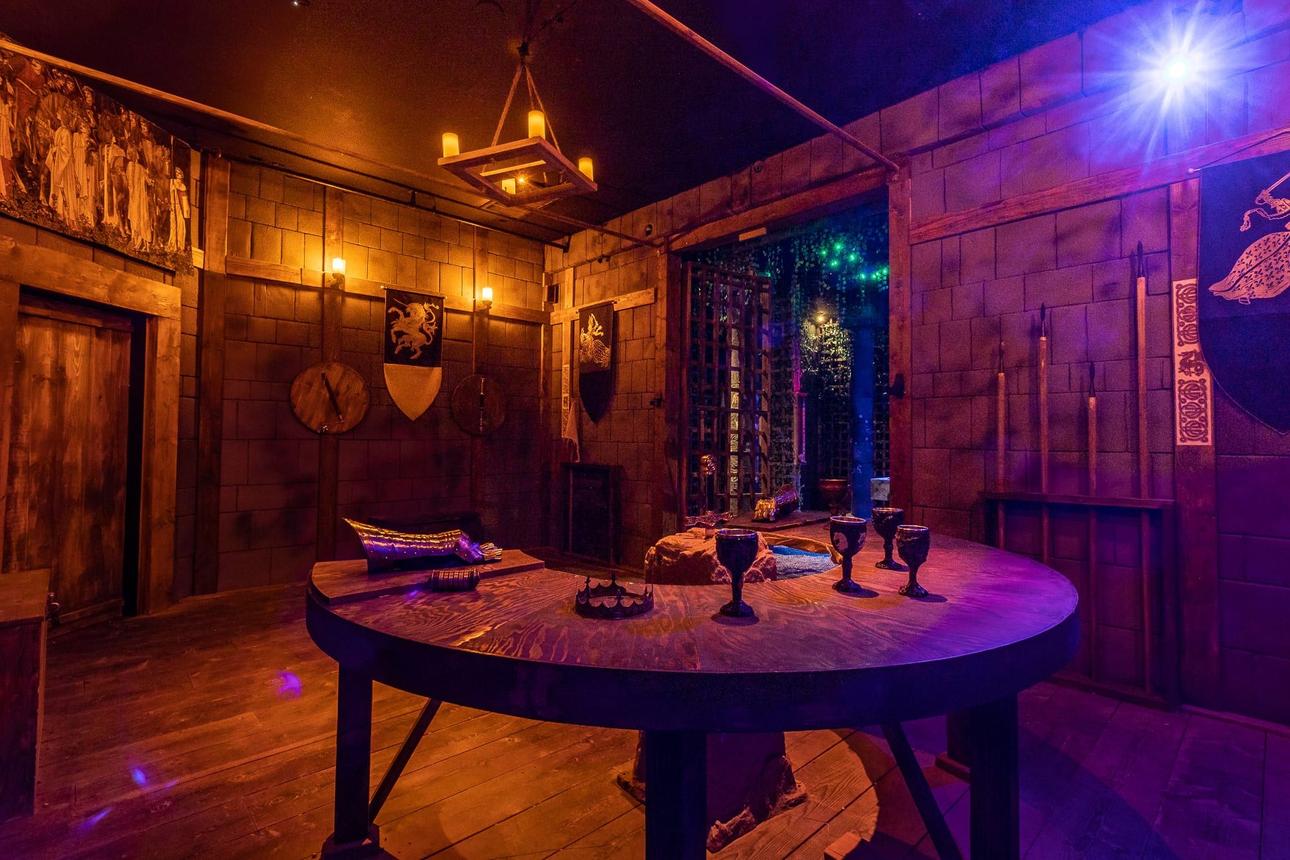Discover the Best Escape Room in Minneapolis-- Reserve Your Experience
Discover the Best Escape Room in Minneapolis-- Reserve Your Experience
Blog Article
Group Techniques: How to Work together Efficiently in a Getaway Space
Navigating the complexities of an escape area demands greater than simple interest; it needs a well-coordinated strategy grounded in clear communication, critical role tasks, and proficient time monitoring. Teams must proactively pay attention to each participant's insights, assign duties that line up with individual toughness, and maintain normal check-ins to guarantee focus and prevent redundancy. By fostering an atmosphere that values cohesion and adaptability, teams can dramatically increase their efficiency and success rates. The nuances of these techniques can change the experience, but how precisely can they be carried out to make best use of the possibility for success?
Establish Clear Communication

To facilitate clear interaction, it is necessary to mark a main factor of contact for details circulation. This role involves summarizing searchings for and proposed approaches to ensure every person continues to be on the very same web page. Additionally, taking on an organized strategy to conversations can stop chaotic exchanges. For example, short, concentrated updates from each employee can keep the group educated without overwhelming them with information.

Assign Duties Tactically
While clear interaction establishes the structure for effective teamwork, designating functions purposefully guarantees that each group participant's toughness are used effectively. In a getaway space scenario, the time-sensitive and intricate nature of obstacles necessitates an efficient method to job delegation. By determining and leveraging individual expertises, groups can optimize their analytic capacities and boost general efficiency.
A person with an eager eye for information might succeed in locating covert objects, while a sensible thinker could be better matched to addressing problems. This role usually needs strong business and social skills.
Second, make sure that duties are versatile and versatile. As brand-new challenges arise, the team must be able to pivot, reapportioning tasks as called for. This flexibility helps preserve momentum and prevents bottlenecks that might occur due to inflexible duty projects.
Eventually, a calculated approach to duty assignment not just takes full advantage of the strengths of each group participant however additionally cultivates a natural setting, driving the group in the direction of an effective escape.
Utilize Diverse Abilities
Identifying and using the diverse read this article skills within your team can significantly raise your performance in a retreat area. Each employee brings distinct staminas to the table, and effectively leveraging these capabilities can speed up problem-solving and boost general performance. A group member with strong analytical skills could excel at understanding intricate codes or patterns, while another with keen observational abilities may rapidly find surprise ideas that others could neglect.
Urge group participants to articulate their understandings and concepts without delay, making certain that all prospective services are taken into consideration. In addition, appointing tasks why not try here that straighten with each participant's toughness can avoid traffic jams and ensure that progress is continual.
Moreover, diversity in skills usually converts to variety in believing designs, which is indispensable in a retreat space setting. While some challenges might require logical reasoning and accuracy, others could benefit from creative and association of ideas. By identifying and leveraging this diversity, groups can deal with a broader variety of challenges better, thereby boosting their possibilities of an effective retreat.
Manage Time Successfully

First, designate initial minutes for a fast study of the area. Identify visible challenges and separate tasks based upon employee' strengths, guaranteeing that nobody is still. Establish interior time checkpoints to evaluate progress regularly; as an example, aim to have half the challenges resolved by the mid-point of the game. This practice can aid keep the group focused and avoid time from sliding away unnoticed.
In addition, avoid tunnel vision. If a problem is taking as well long, rotate group participants or proceed to another obstacle, returning later with fresh viewpoints. Communication is critical-- keep every person updated on resolved puzzles and continuing to be tasks to prevent redundant efforts.
Finally, make use of any type of hints or hints sparingly however purposefully - best escape room. Understanding company website when to request aid can conserve useful time. By sticking to these time management principles, groups can substantially boost their possibilities of an effective and pleasurable escape room experience
Debrief and Show
Reflection is a necessary element of group advancement and renovation in the context of retreat spaces. As soon as the difficulty is completed, whether successfully or otherwise, it is important for the group to participate in a structured debriefing session. This process permits team participants to evaluate their performance, determine staminas, and identify areas for improvement.
Start the debrief by reviewing what went well. Highlight specific instances of reliable communication, analytical, and partnership. Acknowledging these positive behaviors strengthens them and encourages their repetition in future obstacles.
Discuss moments of confusion, miscommunication, or inefficient approaches. Motivate an open and positive discussion where team members can share their point of views without concern of criticism.
Verdict
In final thought, successful collaboration in a getaway area is based upon clear interaction, critical function jobs, the effective utilization of diverse skills, and skillful time monitoring. Normal check-ins and organized debriefings are necessary for preserving emphasis and promoting constant renovation. By producing a natural and adaptive team setting, the probability of efficiently resolving puzzles and accomplishing the purpose of getting away the room is considerably enhanced. This approach not just guarantees success but additionally promotes cumulative growth and understanding.
Report this page